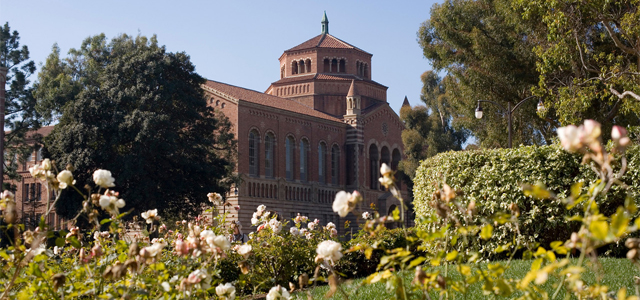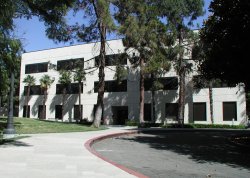Overview

Capital Programs' Mission
Capital Planning Process
Overview
The Capital Programs department is responsible for conceptualizing, planning, designing, and constructing major capital construction and renovation projects at UCLA. Projects greater than $1,000,000 are considered major capital construction.
Since Capital Programs was established in 1986, approximately $6.3 billion has been
 expended to complete a variety of new construction, renovation and infrastructure
projects. At the end of 2017, fifty-eight buildings or building complexes, five new
parking facilities (and expansion of two others), and twenty-seven major building
additions have been constructed on campus. In addition, sixty-three buildings have
been seismically renovated, and an extensive number of renovations to modernize
portions of existing buildings throughout the campus have been completed. Two
replacement hospitals and related parking facilities have also been constructed,
one on the Westwood campus and the other in Santa Monica.
expended to complete a variety of new construction, renovation and infrastructure
projects. At the end of 2017, fifty-eight buildings or building complexes, five new
parking facilities (and expansion of two others), and twenty-seven major building
additions have been constructed on campus. In addition, sixty-three buildings have
been seismically renovated, and an extensive number of renovations to modernize
portions of existing buildings throughout the campus have been completed. Two
replacement hospitals and related parking facilities have also been constructed,
one on the Westwood campus and the other in Santa Monica.
Capital Programs develops financial strategies, obtains project approvals, reviews plans and specifications, completes environmental reviews, prepares and negotiates construction contracts, coordinates staging plans, and serves as a repository for project records and as-built plans.
Capital Programs' Mission
The department’s mission is to create projects that “support the instruction and research mission of the University by providing a physical campus environment that fosters excellence, creativity, and a sense of community.” Capital projects are developed to take into account UCLA land use priorities, established physical designs, University policies and procedures, environmental and regulatory requirements, and community interests.
Capital Planning Process
A major part of the project development process involves evaluating the capital needs of a School, department, or business unit, and aligning them with capital resources available to the campus. These needs are included in the annual update of the campus’s ten-year Capital Financial Plan submitted for acceptance by the Regents each year. For specific projects, project initiation and planning activities involve studying site alternatives and developing conceptual program, funding, and schedule parameters, and the development of detailed planning studies. Review and evaluation of capital project proposals based on these studies involves a number of standing committees. Based on the outcome of ongoing reviews, documentation is developed for project approval as appropriate by the Chancellor, the Office of the President, the Regents, and the State.
Key project review committees include:
- The Capital Programs Project Development Committee meets regularly to review project proposals at several stages of development and provide oversight during the site selection and design development phases of a project. Participants include the Vice Chancellor and Chief Financial Officer, the Associate Vice Chancellors of Capital Programs, and the Administrative Vice Chancellor; the Assistant Vice Chancellors of Facilities Management and Housing and Hospitality Services; and the Directors of Planning, Project Development, Project Management, Engineering and Design and Construction from Capital Programs. Other campus entities and project proponents are included on an ad-hoc basis.
- The Campus Space Committee serves as an advisory body to the Executive Vice Chancellor and reviews space issues, campus capital plans and major capital projects to assess their consistency with academic priorities and fiscal resources. Attendees include the Executive Vice Chancellor, Vice Chancellors, Associate Vice Chancellors, and several Deans and key administrative staff.
